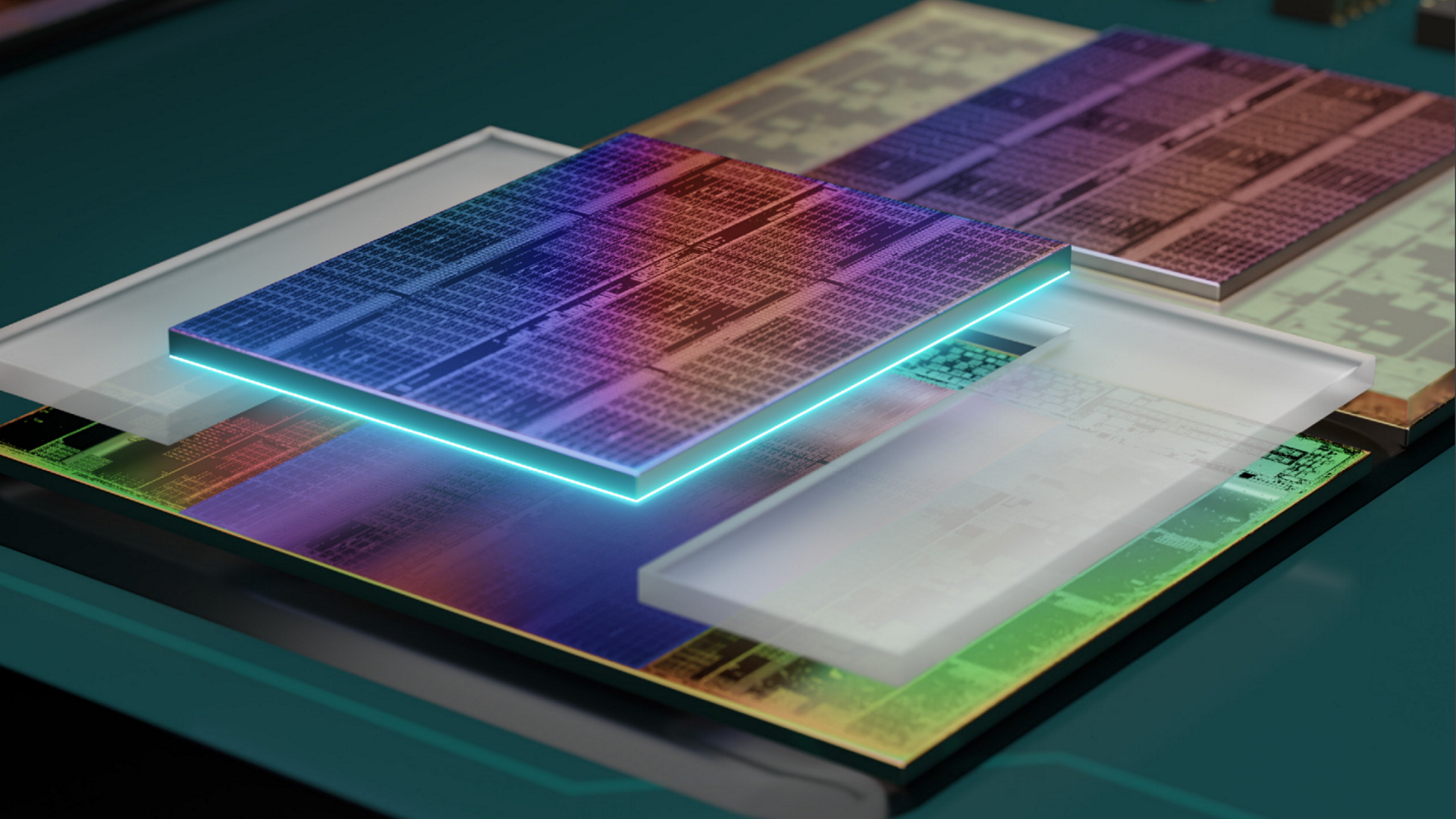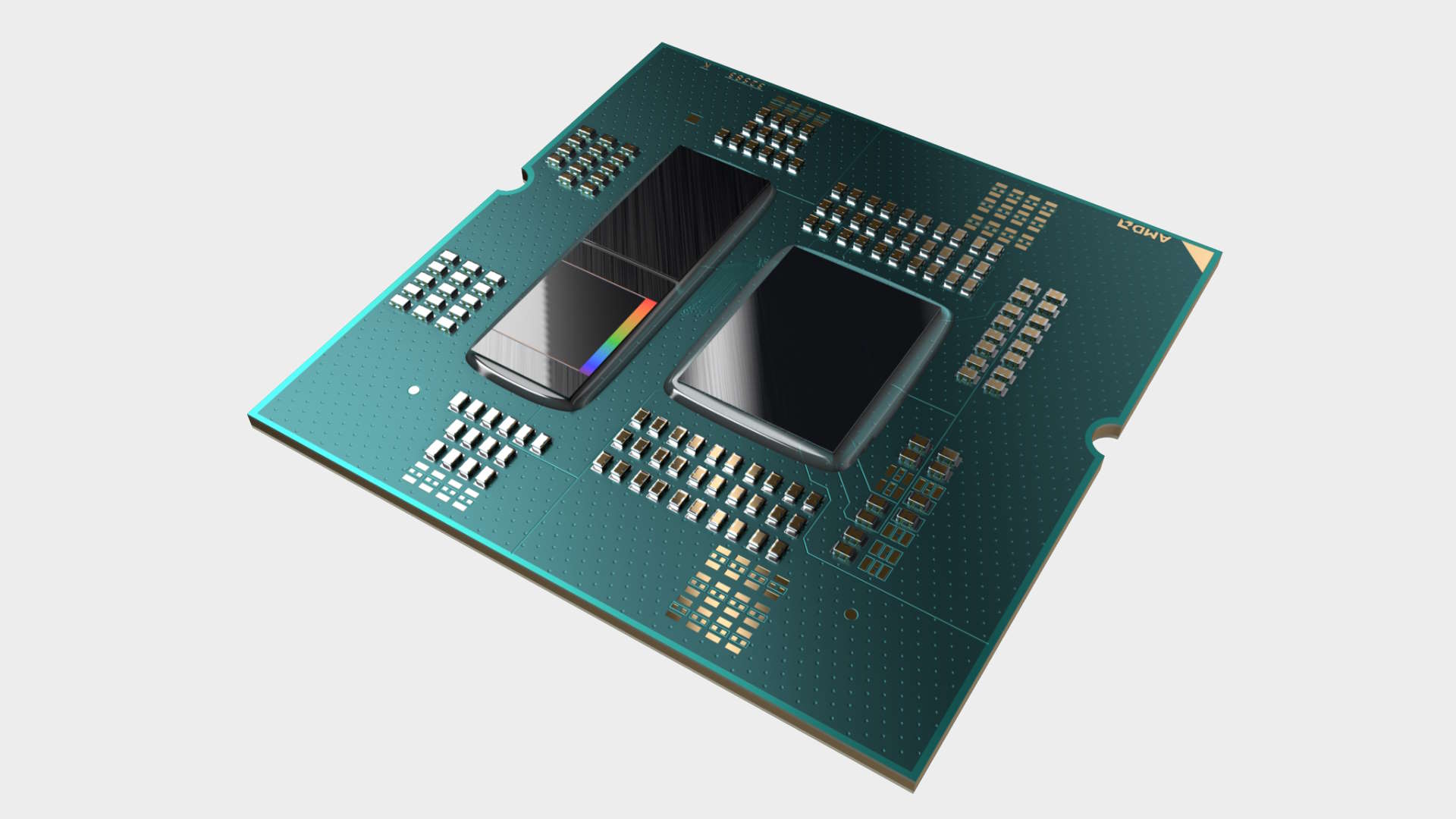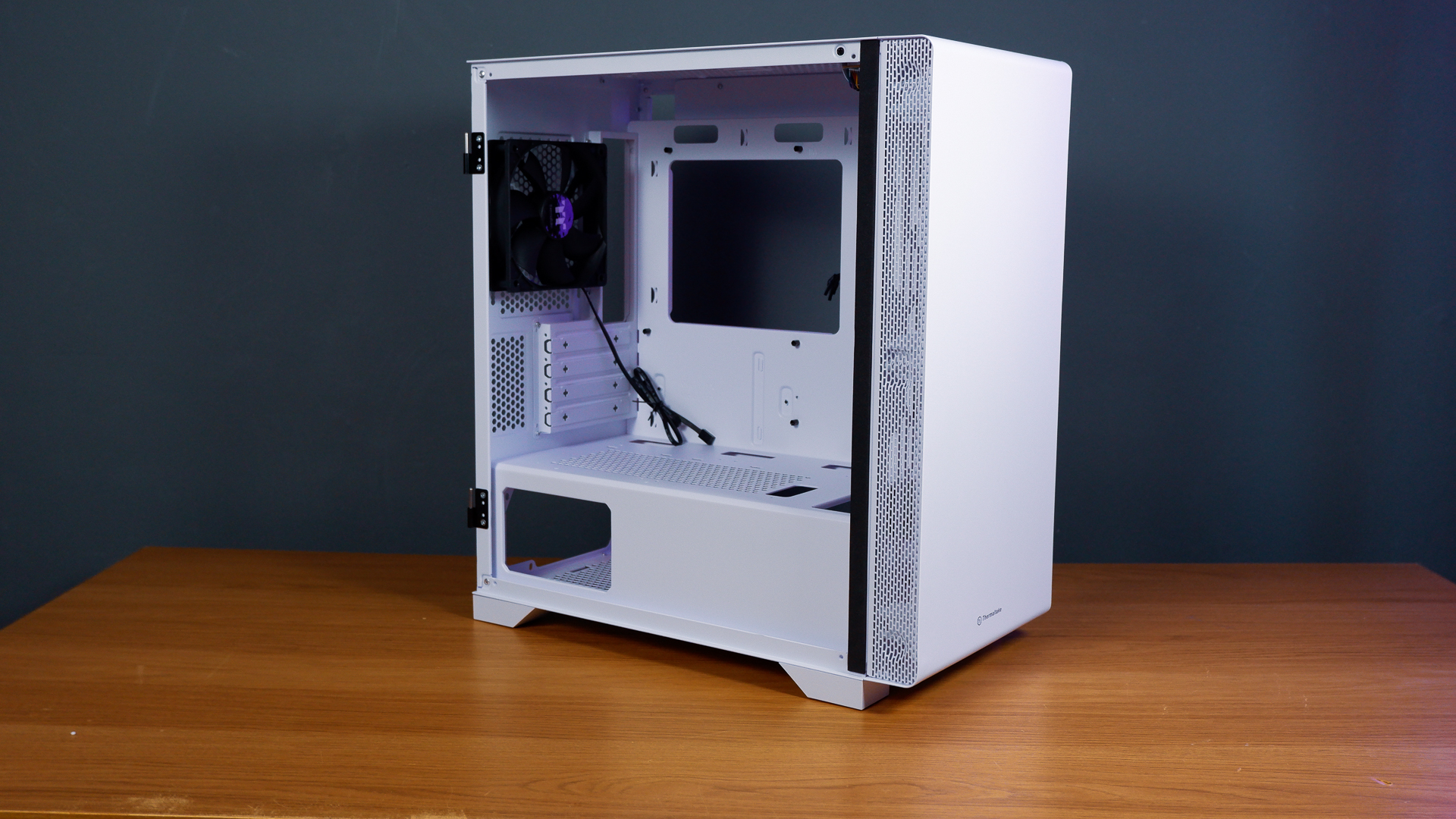I think AMD needs to stop letting interns update its upcoming CPU info pages
Whole lotta mistakes going on.

AMD's best gaming CPUs ever are coming out on February 14! Oh… wait… no, that was a mistake. But good news, the new 3D V-cache chips are inexplicably going to support overclocking! Oh… wait… no, that was also a mistake.
pic.twitter.com/lirVtsZSVtJanuary 23, 2023
I mean, this is getting silly now. We've been waiting on AMD to launch its new gaming-focused AM5 processors since we were sat in a Texas hotel with the design team, grilling them over when it was going to start fusing a ton of extra cache onto its new chips.
And, you know what, AMD doesn't seem to be taking this launch very seriously at all.
A few weeks ago, there was talk of a February 14 release date on the AMD website, though that turned out to be a mistake and was immediately removed. And then yesterday we learned the product pages actually listed all three of the new Ryzen 7000X3D CPUs were going to be "Unlocked for Overclocking."
That was a surprise given that the Ryzen 7 5800X3D launched with both a lower clock speed than its Ryzen 5000-series predecessors and was completely locked out of the overclocking fun. Well, not quite completely.
It is still locked for traditional overclocking though we have seen folks overclock it to 5.14GHz via the BCLK setting in a super expensive motherboard. According to our review, the $450 CPU (on sale recently for $335) is a "technically elegant, efficient CPU that delivers on its promises." It's the fastest gaming processor you can jam into any AM4 motherboard, and so is actually still a rather effective chip given the relative ubiquity of the platform.
So yeah, that was a bit of a red flag.
Keep up to date with the most important stories and the best deals, as picked by the PC Gamer team.

It would have theoretically been possible for AMD to allows some sort of overclocking on the Ryzen 9 7950X3D and the 7900X3D because those are the two dual-CCD processors. One of the CPUs has the 3D V-cache mounted on it (which is what reduces the voltage and clock speeds) and the other is exactly the same as the non-X3D Zen 4 chips.
The way it's apparently going to work with those dual-CCD CPUs is that Windows and the AMD drivers will be smart enough to know which compute chip is the right one for whatever primary application you are running. Does the software benefit more from high clock speeds? Go for the standard CCD. Does it actually get more out of a huge pool of attached cache memory? Go for the 3D V-cache die instead.
With the CCDs being so separate in the thinking of the OS means that theoretically you could just overclock the standard CCD to a higher clock speed and glean even more benefits from that die for the relevant software, even if you can't touch the 3D V-cache one.
The Ryzen 7 7800X3D, however, just uses a single CCD, just like the Ryzen 7 5800X3D, and so there's no surprise that this one has no hope of overclocking outside of some hairy BCLK chicanery.
We still don't know when these new processors are going to arrive, but I'd be hopeful for a February release myself. Just lets hope the next announcement will contain the correct date.

Dave has been gaming since the days of Zaxxon and Lady Bug on the Colecovision, and code books for the Commodore Vic 20 (Death Race 2000!). He built his first gaming PC at the tender age of 16, and finally finished bug-fixing the Cyrix-based system around a year later. When he dropped it out of the window. He first started writing for Official PlayStation Magazine and Xbox World many decades ago, then moved onto PC Format full-time, then PC Gamer, TechRadar, and T3 among others. Now he's back, writing about the nightmarish graphics card market, CPUs with more cores than sense, gaming laptops hotter than the sun, and SSDs more capacious than a Cybertruck.
- Jorge JimenezHardware writer, Human Pop-Tart

